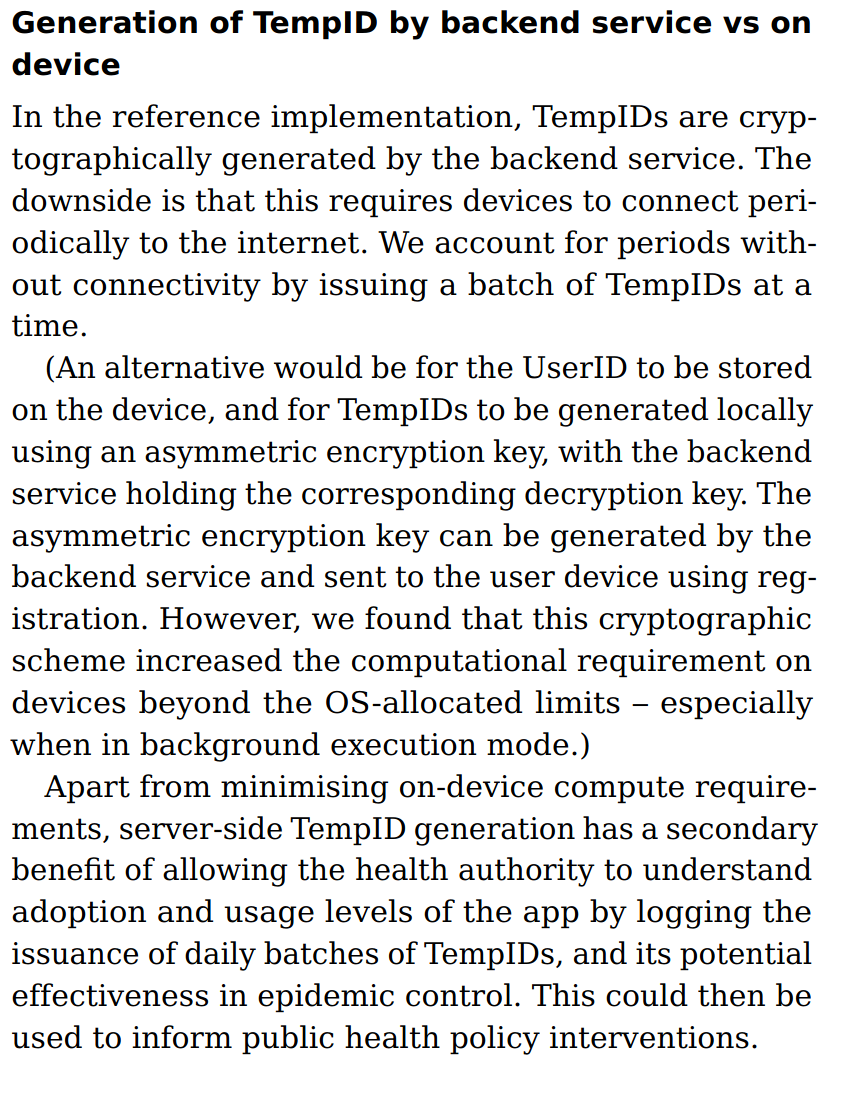
Cryptographer with a focus on privacy and election security
CEO, Thinking Cybersecurity
Associate Prof (Adj.) @anucecs
Supporter of #MilkTeaAlliance
She/her
How to get URL link on X (Twitter) App


https://twitter.com/tqft9999/status/1577138185339301889
 2/6: If it isn't immediately obvious why this is a bad idea (and one would hope that by now it might be at least a little bit obvious), please read @bgf_nz 's master's thesis: bfrengley.github.io/thesis.pdf
2/6: If it isn't immediately obvious why this is a bad idea (and one would hope that by now it might be at least a little bit obvious), please read @bgf_nz 's master's thesis: bfrengley.github.io/thesis.pdf
 2/7: Apologises to voters not able to vote as a result of the outage; no apology to candidates who may or may not have failed to get elected as a consequence of their supporters being excluded.
2/7: Apologises to voters not able to vote as a result of the outage; no apology to candidates who may or may not have failed to get elected as a consequence of their supporters being excluded.

https://twitter.com/theage/status/1407088544422760454
 2/4: Now (surprise, surprise!) we're debating further access to that database, which never had to be built in the first place. Aotearoa/NZ and the UK have 'automated diary'-style apps in which your check-in data does stay on your phone, with notification to the affected person.
2/4: Now (surprise, surprise!) we're debating further access to that database, which never had to be built in the first place. Aotearoa/NZ and the UK have 'automated diary'-style apps in which your check-in data does stay on your phone, with notification to the affected person.



https://twitter.com/johncoyne14/status/12505635720961024002/6: Some obvious differences: